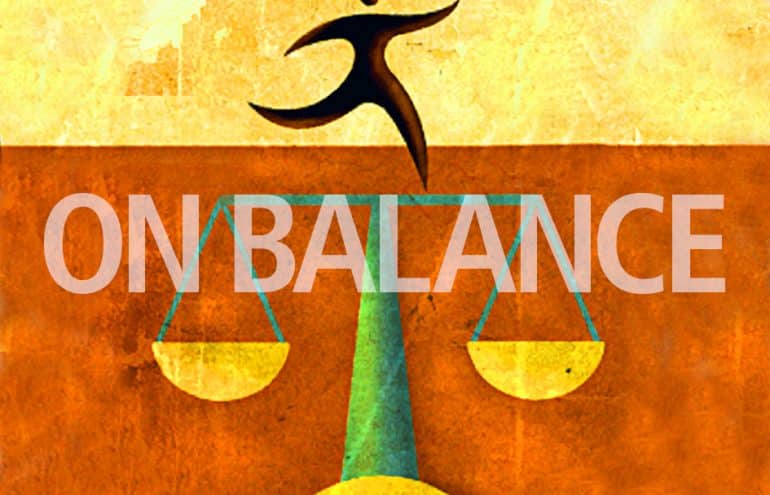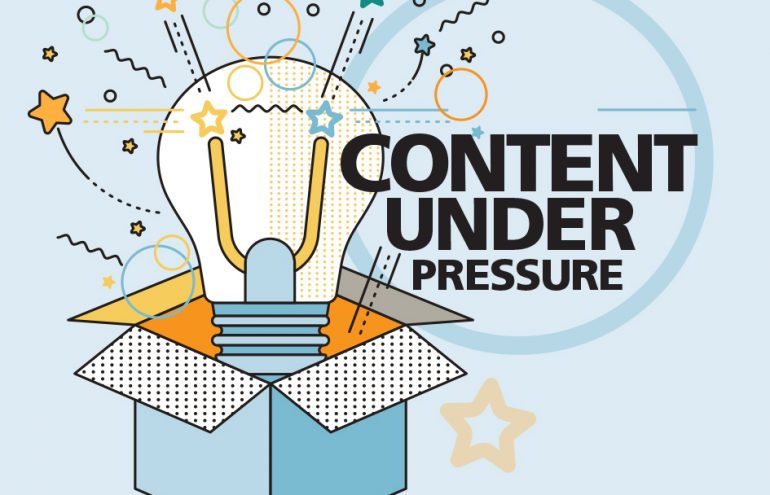
According to the International Legal Technology Association, almost half of all legal purchases of imaging, scanning or optical character recognition is made by small law firms.* If you’re among them, congratulate yourself for making a smart investment in paperless technology, considering that increasingly: Clients prefer the speed and ease of communicating electronically. Jurisdictions require documents […]
Originally published June 15, 2018
According to the projections in a VoiceLabs report, about 33 million voice-first devices were in circulation at the start of the year. By voice-first, we mean devices like the Amazon Echo and Google Home that sit on your counter and only interact with voice commands. This report doesn't even count the hundreds of millions of mobile phones, tablets and convertible PCs that have Siri, Hey Google or Cortana built in. With all the voice search options in consumers' hands, here are five things law firms need to know about voice search.
June 15, 2018 0 0
What writers need is a method they can use to create a first draft. Of course, lots of magic happens during revision of that draft, when writers refine their thoughts further. That’s when they apply Word styles. But they need a first draft to work from. If getting to that first draft is difficult for you, read on. Mind mapping may be for you.
June 14, 2018 0 0
There are myriad reasons to run an efficient, sound, organized law practice. Here are two great ones, from an ethics standpoint: First, it helps lawyers avoid making the costly errors that lead to ethics trouble. Second, when lawyers receive a bar complaint — as many eventually will, no matter how well they practice law — responding effectively is significantly simpler. We've discussed those reasons in this column before. But, with all the talk about why we should improve our practices, the fact is that tweaking the edges of processes and procedures will not bring about the level of improvement most of us need.
Originally published June 13, 2018Now lawyers use every term they can think of because some court somewhere once said the language in the contract didn’t cover the dispute. Sometimes that’s a good reason, but often it is not. Rather than a considered approach, most lawyers start with a template that has been reworked over decades (centuries?) without ever removing archaic language.
Originally published June 12, 2018
We appear to have reached the tipping point with regard to whether employers can ask job seekers about their current compensation. In addition to the various jurisdictions that have passed legislation prohibiting such inquiries, many companies, such as Amazon, Wells Fargo and Bank of America, have instituted companywide policies prohibiting them. And many law firms have done the same — even those that have little or no operations in the jurisdictions noted. The question now is: What will the impact be?
June 11, 2018 0 0
Avoiding fee disputes is not just about providing quality service and results, but also ensuring your fees are fair and your billing is professional and transparent. Avoid Surprises, Avoid Disputes Most clients’ biggest fear is how much they will pay. They’re always afraid of getting a massive invoice at the end of the month. Before they […]
Originally published June 8, 2018
Do you get nervous before speaking in front of people? Even worse, do you have trouble letting go of your performance once it's over? For lawyers especially, it can be hard to shut off your mind. So it’s useful to think about another context where performance is vastly improved the less you think about it: professional sports.
June 7, 2018 0 0
There are several types of security defenses you can put in place to guard your network and data against ransomware and other threats. But there is one defense that focuses on the human side of this vulnerability, teaching us all to be harder targets in this battle of wits: security awareness training (SAT).
Originally published June 6, 2018
The mother lode of content creation is unique content that can be branded as solely belonging to the lawyer or firm. This can be produced and updated quarterly, annually or as news and events require. It establishes the publisher as an authority with its finger on the pulse of its chosen market. Notice I write “chosen” market. This has to be highly focused and should dovetail perfectly with your brand. Let me give you some examples.
Originally published June 4, 2018